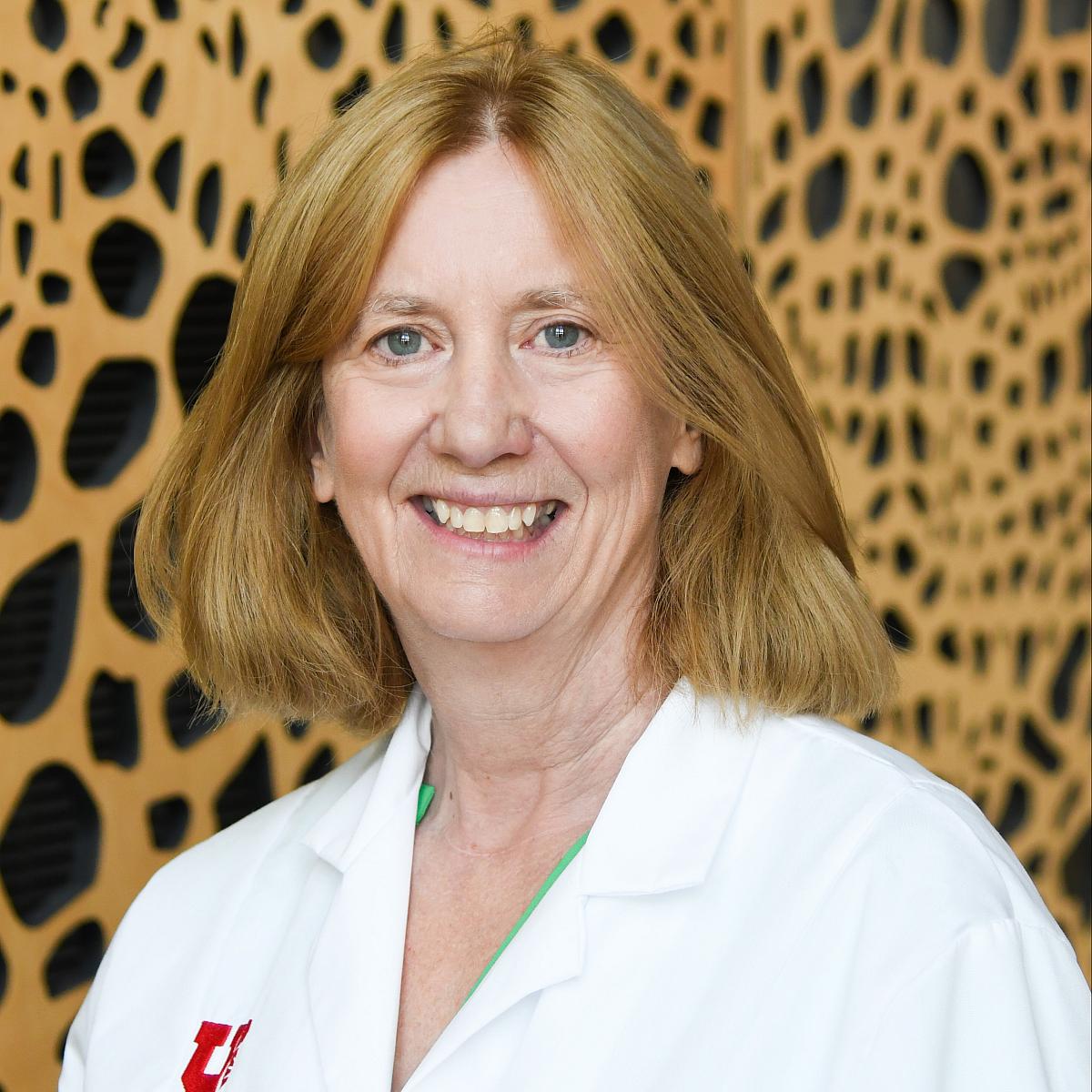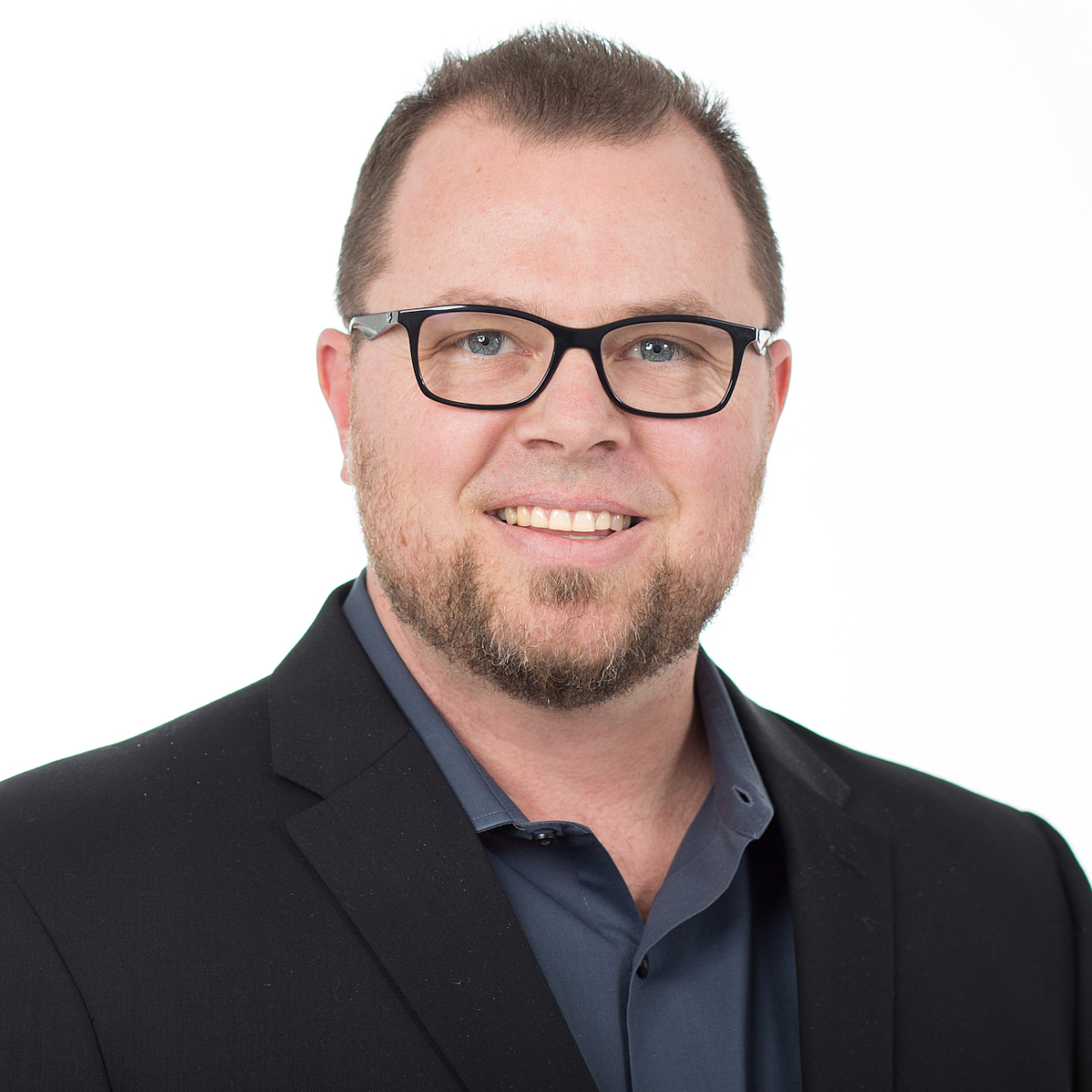
IDEAS in Neuroscience

IDEAS in Neuroscience
Intermountain Doctoral Education to Advance Students (IDEAS) in Neuroscience Program
.JPG)
About IDEAS in Neuroscience
We are no longer accepting applications for new cohorts. This is information is here for informational purposes.
Intermountain Doctoral Education to Advance Students (IDEAS) in Neuroscience is a 1 year, NINDS-NIH funded post baccalaureate program at the University of Utah. This is a paid training program ($35,000 a year stipend + health insurance + tuition) for recent college graduates who are interested in applying to PhD programs in the neurosciences.
This 1 year post baccalaureate program will include mentored laboratory research, graduate level courses, professional development, and a holistic mentored experience. This program is meant to support science education and research training of students who are interested in applying for PhD programs in neuroscience. Students will also attend scientific conferences and have opportunities to present their research. An essential part of the IDEAS curricula is extensive mentoring, providing career-long scientific and personal support. All programming is contingent on continued NINDS-NIH funding.
Key activities include:
- Graduate Coursework
- Community Building
- Independent Laboratory Research
- Professional Development, including public speaking, science communication, and professional skills
- Graduate Program Application Prep
program directors


Karen Wilcox, PhD
Dr. Wilcox also participates as a faculty mentor in the program

Ryan O'Connell, PhD
Dr. O'Connell also participates as a faculty mentor in the program